Europe
From the fall of Napoleon to Revolution in Russia and from the rise of Hitler to the fall of the Berlin Wall this period is one of major upheaval in Europe. We see the collapse of monarchies and empires and the changing status of women and working men. This is a time that witnesses the mass displacement of peoples and genocide on a scale never seen before it is also a time that sees changes in medicine and technology that make fundamental changes to our everyday lives. Read more
Sort by:
Date (Newest first) | Title A-Z
Show:
All |
Articles |
Podcasts |
Multipage Articles
-

Podcast Series: Thomas Paine
Multipage ArticleClick to view -

Political and social attitudes underpinning the 1924 Olympics
ArticleClick to view -
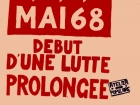
Polychronicon 162: Reinterpreting the May 1968 events in France
ArticleClick to view -
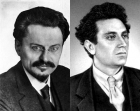
Polychronicon 165: The 1917 revolutions in 2017: 100 years on
ArticleClick to view -

Radiating the Revolution: Agitation in the Russian Civil War 1917-21
ArticleClick to view -
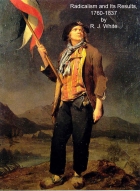
Radicalism and its Results, 1760-1837
ArticleClick to view -

Real Lives: Surviving the War in the Soviet Union: recollections of a child deportee
ArticleClick to view -

Real Lives: The Russian hermit of Cornwall’s caves
ArticleClick to view -

Recorded Webinar: Ukraine and the Soviet Politics of Empire
ArticleClick to view -

Recorded webinar: Ordinary people - Holocaust Memorial Day 2023
ArticleClick to view -

Richard Evans Medlicott lecture: The Origins of the First World War
ArticleClick to view -

St Helena: Napoleon's last island
ArticleClick to view -
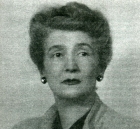
Strange Journey: the life of Dorothy Eckersley
ArticleClick to view -

TV: modern father of history?
ArticleClick to view -
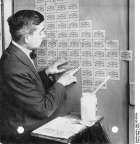
Taking tea with Frau von Papen
ArticleClick to view -

The 'Era of the Dictators' Reconsidered
ArticleClick to view -

The Battle of Waterloo: Sunday 18 June 1815
ArticleClick to view -

The British Union of Fascists: the international dimension
ArticleClick to view -
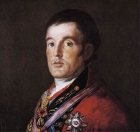
The British soldier in the Revolutionary and Napoleonic wars
ArticleClick to view -
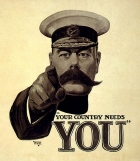
The Centenary of the First World War: An unpopular view
ArticleClick to view

